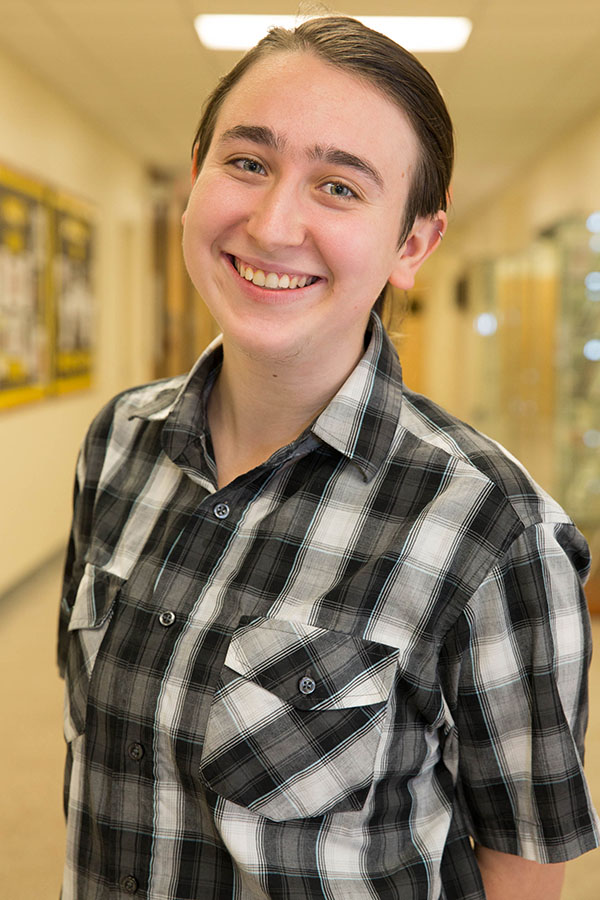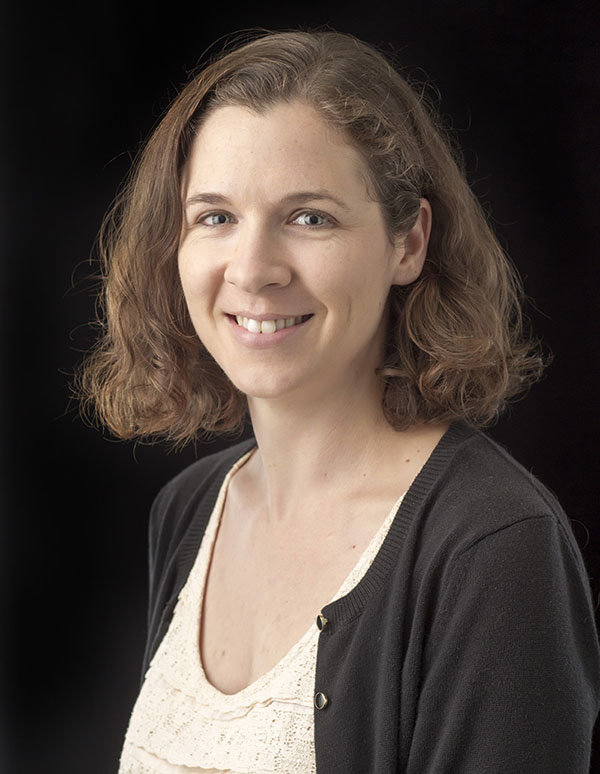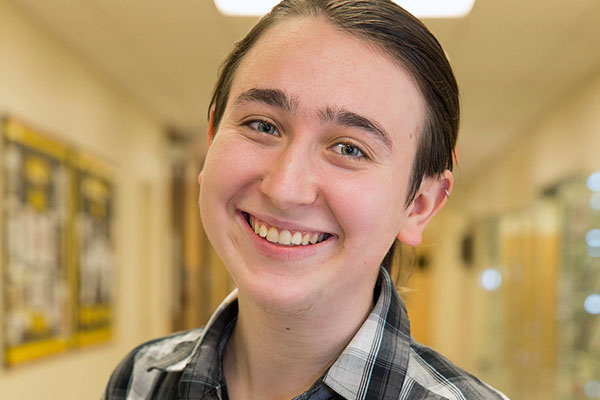BOONE, N.C. — Current research examples of the college hookup scene consistently show it to be heavily gendered and heteronormative. In spite of the extensive research on hookup culture, there is limited data on how lesbian, gay, bisexual, transgender and queer (LGBTQ) students navigate hookups on college campuses.
Sope Kahn, an Appalachian State University senior from Chapel Hill majoring in gender, women’s and sexuality studies, along with Drs. Ellen Lamont and Teresa Roach, authored an article titled “Navigating Campus Hookup Culture: LGBTQ Students and College Hookups,” which appeared in the journal Sociological Forum. Lamont and Roach are assistant professor and lecturer, respectively, in Appalachian’s Department of Sociology.
Their study indicates that, while LGBTQ students are actively working to remake hookup culture, and, in some ways, are succeeding, barriers to a more mindful hookup culture remain, even among those who explicitly seek new ways to pursue sexual relationships.
“Students need to be able to see the range of experiences out there and they also need to see themselves reflected in the coursework they do. This article also demonstrates some of the ways LGBTQ people are challenging heterosexual hookup culture, providing students with the tools to imagine more ethical hookup practices, something I hope will spill over to their everyday lives,” Lamont said.
Drawing on interviews with 24 LGBTQ college students, the group’s research investigated how LGBTQ college students negotiate the hookup scene on college campuses. Based on this sample, the study’s findings show that LGBTQ students are sharply critical of the dominant hookup culture and aim to challenge heteronormative practices by deconstructing normative patterns of behavior, emphasizing communication and consent, and queering standards of pleasure.
Kahn was able to utilize grant-related funding from the Department of Sociology and the College of Arts and Sciences’ Student and Faculty Excellence (SAFE) Fund to support this research. By participating in this study as a research assistant, Kahn said she was able to learn much more about the research process than what can be obtained in the classroom.
“I learned about the complexity of conducting research, and the amount of time it takes to come to a final publishing. It was amazing to have the experience of working on all the steps building up to the final paper — helping with research outreach, helping develop interview questions, coding interviews and helping write the data,” Kahn said.
Initially endowed by a generous gift from Hughlene and Bill Frank, the College of Arts and Sciences Student and Faculty Excellence (SAFE) Fund provides resources that can be used to transform the undergraduate and graduate experience and support faculty teaching, research and engagement.
“The SAFE grant provided me with my first opportunity to work on research with a student and provided that student with hands-on research experience that they can now take with them as they pursue entry into graduate school after Appalachian. Sope Kahn was instrumental to our work on this project,” Lamont said.
About the Department of Sociology
The Department of Sociology offers a Bachelor of Arts and seven Bachelor of Science concentrations (applied research methods; criminology; families and intimate relationships; health and aging; power and social change; social inequalities; and individually designed, which requires departmental approval). The department also offers minors in sociology and health and aging, plus two online graduate certificates: aging, health and society, and sociology. Learn more at https://soc.appstate.edu.
About the College of Arts and Sciences
The College of Arts and Sciences (CAS) at Appalachian State University is home to 17 academic departments, two centers and one residential college. These units span the humanities and the social, mathematical and natural sciences. CAS aims to develop a distinctive identity built upon our university's strengths, traditions and locations. The college’s values lie not only in service to the university and local community, but through inspiring, training, educating and sustaining the development of its students as global citizens. More than 6,800 student majors are enrolled in the college. As the college is also largely responsible for implementing App State’s general education curriculum, it is heavily involved in the education of all students at the university, including those pursuing majors in other colleges. Learn more at https://cas.appstate.edu.
About Appalachian State University
As a premier public institution, Appalachian State University prepares students to lead purposeful lives. App State is one of 17 campuses in the University of North Carolina System, with a national reputation for innovative teaching and opening access to a high-quality, cost-effective education. The university enrolls more than 21,000 students, has a low student-to-faculty ratio and offers more than 150 undergraduate and 80 graduate majors at its Boone and Hickory campuses and through App State Online. Learn more at https://www.appstate.edu.
What do you think?
Share your feedback on this story.















